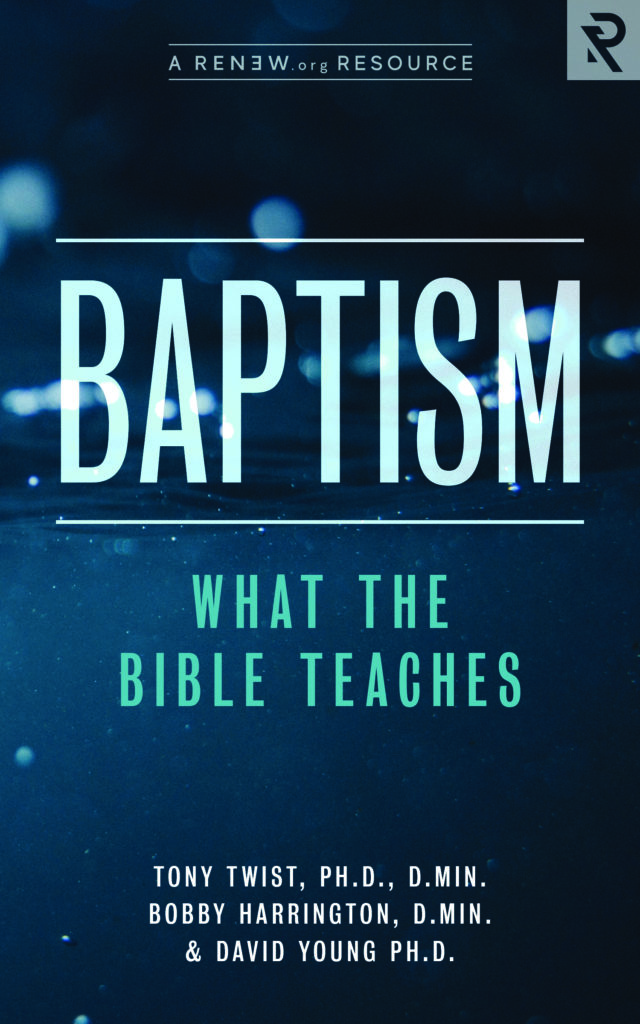
What’s So Important about Context? – Q&A with Orpheus J. Heyward
*Editor’s Note: One of the fastest ways to misinterpret Scripture is to read it without paying attention to context. I recently caught up with Dr. Orpheus J. Heyward, a minister, scholar, and teacher of Bible interpretation (hermeneutics) to get his thoughts on ways we can interpret the Bible accurately and faithfully.
Q: In 2 Timothy 2:15, Paul tells Timothy do your best to present yourself to God as someone who correctly handles the word of truth. Why is it important to take the time to correctly handle the word of truth? What is at stake?
What’s at stake is whether or not we’re going to convolute the will of God. Whether or not we bend to the will of God or bend Scripture to our will. I think what is at stake is our soul.
What I mean by that is, if God has taken the posture to invite me into His wisdom that I might have right standing with Him through the gospel and through transformative living, the only way I’m going to do that is to handle this Word accurately.
One of the worst things that happens during the political season is political ads, because what they typically do is take a soundbite of what a person said, and they build a whole commercial out of one sentence.
I would suggest that no one likes to be taken out of context. And if we don’t like to be taken out of context, I’m pretty sure God doesn’t want to be taken out of context either. What happens is sometimes we soundbite God’s word. As a result, we walk away with a convoluted message. We get a skewed view of His will because we have not taken the time to understand it contextually.
So ultimately what’s at stake is understanding God, His will, His way. If we ignore accurately handling the Word of truth, we end up in a space where we disconnect from what is at the heart of God.
If we don’t like to be taken out of context, I’m pretty sure God doesn’t want to be taken out of context either.
Q: Preachers and Bible teachers especially need to pay attention to this.
In 2 Timothy 2:15, the apostle Paul is writing to a son, Timothy, who is functioning as an evangelist. Who better to make sure that he handles the word accurately than one who mounts the pulpit and preaches the word of God!
Those of us who are preachers truly need to be dedicated to understanding the process of rightly handling the Word, because we’re responsible for feeding people the Word of God. What we don’t want to do is take a moment to mount the sacred desk (we call it the pulpit) and just feed people our word rather than God. So we need to be really careful about that. So I think that’s what’s at stake.
Q: What’s an example of taking Scripture out of context in a way that convolutes the message?
In reference to salvation, you will find that various religious groups put a different emphasis on different aspects of the salvation process. As a result, sometimes they isolate one idea from the rest of the corpus of Scripture. Focusing only on Ephesians 2:8 (we are saved by grace through faith) might lead a person to a faulty understanding depending on what they understand faith alone to be. Or they may focus only on 1 Peter 3:21 which says that baptism saves us, and they come to the position that water washes away sin. Well, we need to be careful because we want to know exactly what the Scriptures indicate.
We need to make sure that we are properly understanding these words and concepts, so that we are not taking these Scriptures out of context to the detriment of understanding salvation.
Or we may read a phrase like Jesus Christ as the “son of man,” and we take that to mean, well, Jesus must have been only a human being. Well, be careful. We don’t want to isolate that from the corpus of Scripture and get to a space where we misunderstand who is Christ.
There are numerous examples like that where people read Scripture, isolate the text, divorce it from its canonical context and its immediate context, and give it a meaning it never had. I’m a firm believer that you can never make Scripture mean what it never meant. So we have to be careful about how we approach it.
Q: The potential problems are massive.
I think salvation can be at stake. And when we misapply Scripture, I think Christian living can be at stake. Let’s say you go to a Scripture that says work out your own salvation with fear and trembling. And then we take the position that our salvation has to be earned. Now we’ve built a works-oriented salvation based on a passage, not understanding what Paul meant by work out your salvation. So now you come with a meritorious perspective of salvation that would be erroneous to Scripture.
So I think those are examples where we need to be very careful.
I’m a firm believer that you can never make Scripture mean what it never meant.








